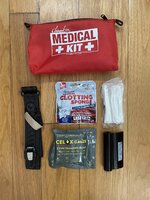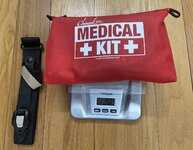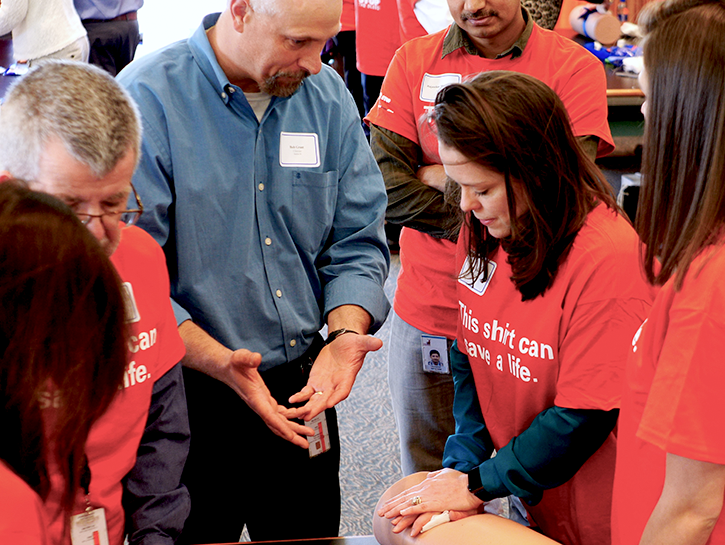backcountryOR
FNG
I'm sure this conversation has been started before but I feel like it should probably come up again. I'm here to advocate to all of you that carrying a tourniquet and pressure bandage could save you or someone you care about's life someday, it's hardly any weight or money and it's simple to learn how to use. Obviously you can go more crazy with IFAK or first aid equipment but having a bare minimum of life saving gear is worth it.
I'm sure there's a lot of fire/EMS/LE/military guys in this community, feel free to agree or disagree with me or make recommendations, but I want to get this out there!
I'm sure there's a lot of fire/EMS/LE/military guys in this community, feel free to agree or disagree with me or make recommendations, but I want to get this out there!



